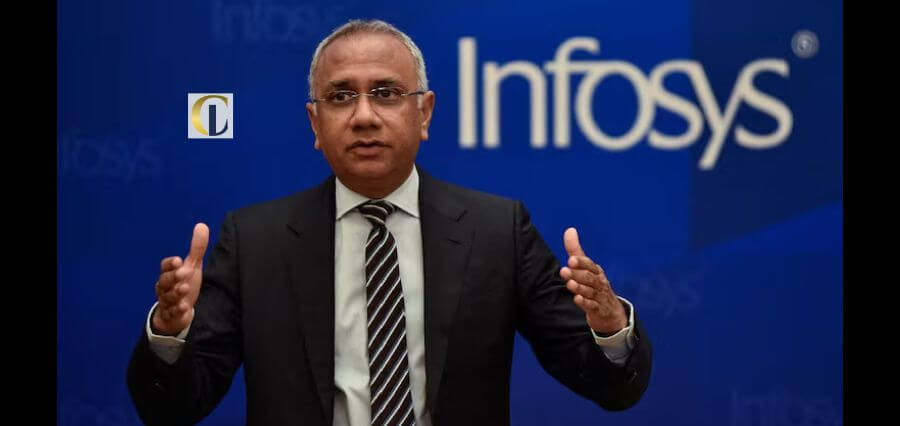According to Raghuram Rajan, former governor of India’s central bank, the country’s overwhelming surge of coronavirus infections revealed complacency following the first wave last year, as well as a “lack of foresight, a lack of leadership.”
In a Bloomberg Television interview with Kathleen Hays on Tuesday, Rajan said, “If you were patient, if you were cautious, you had to know that it wasn’t done yet.” “Anyone paying attention to what was going on in the rest of the world, for example, in Brazil, should have noticed the virus returns, possibly in more virulent forms.”
India is experiencing the world’s worst epidemic of Covid-19 cases, with a record number of deaths on Sunday and over 350,000 new cases per day. Prime Minister Narendra Modi is under increasing pressure to implement strict lockdowns to halt the spread of the virus, a step his government has so far resisted following the economic destruction caused by a similar strategy last year.
“There was a feeling that we had suffered the worst the virus could offer us and we had come through and it was time to open up,” said Rajan, a former IMF chief economist who is now a professor of finance at the University of Chicago.
He believes that India’s relative success in combating the first wave of infections contributed to the country’s failure to quickly prepare adequate vaccines for its own population. “It’s possible that some of it stems from the feeling that we had plenty of time. “We could roll out the vaccine slowly because we had dealt with the virus,” he said, adding that the government is now “getting its act together” and in “emergency mode.”
Rajan, who was named to lead the Reserve Bank of India by the previous government in 2013, became an outspoken critic of Modi’s administration after it took office during his term, highlighting rising intolerance in the country and differing on the issue of RBI dividends and interest rates. Hindu nationalists, who make up a sizable portion of Modi’s base of support, have challenged his commitment to India and accused him of keeping interest rates too high.
In the face of persistent inflationary pressures, the RBI has been “as accommodating as possible” to help the economy. As concerns about the Indian economy develop, the RBI’s “reasonably high” foreign exchange reserves will provide “a measure of comfort for foreign investors.”
Meanwhile, in the United States, a major fiscal stimulus programme and economic recovery may cause the Federal Reserve to “rethink” its policy of remaining on hold for the near future and waiting for inflation to rise consistently above its 2% goal.
In that case, “a stock market that has been anticipating the Fed’s inaction in the near future is likely to be shocked by the first signals that it will act.”
While at the RBI, Rajan was a vocal critic of massive quantitative easing programmes, especially those implemented by the Federal Reserve, and cautioned that a lack of international cooperation in the face of potential tightening would result in market instability, similar to the 2013 “Taper Tantrum.”
“It seems as if the Fed has been quite overtaken by events,” he said Tuesday.








